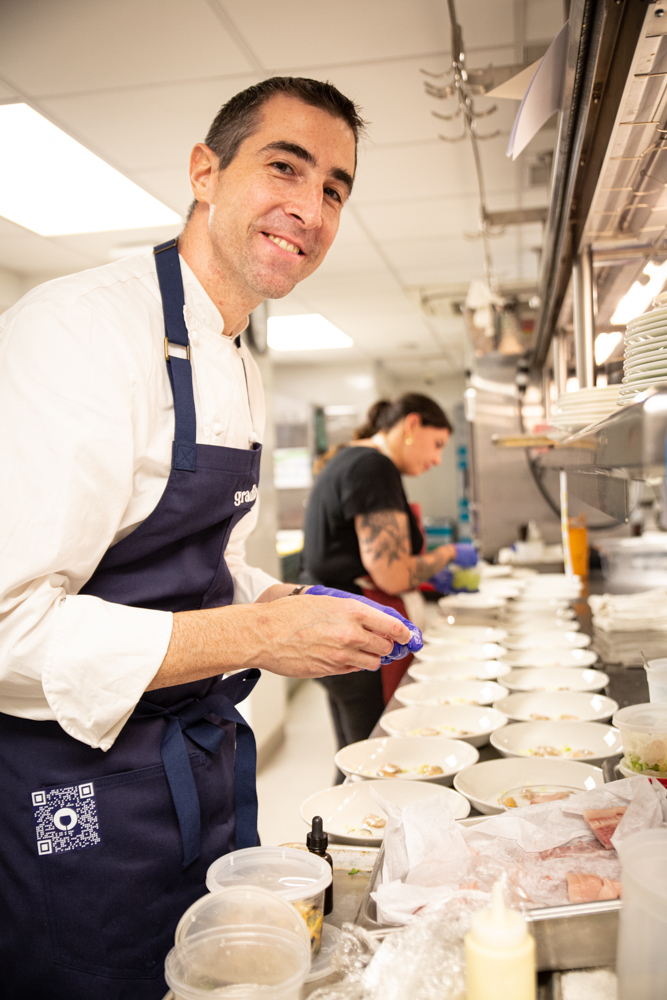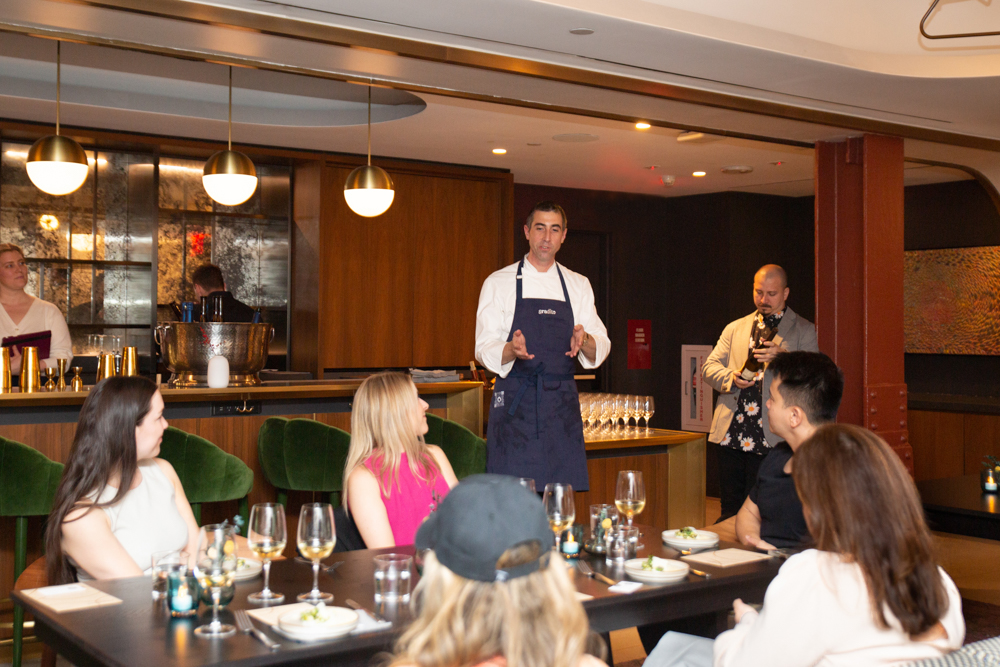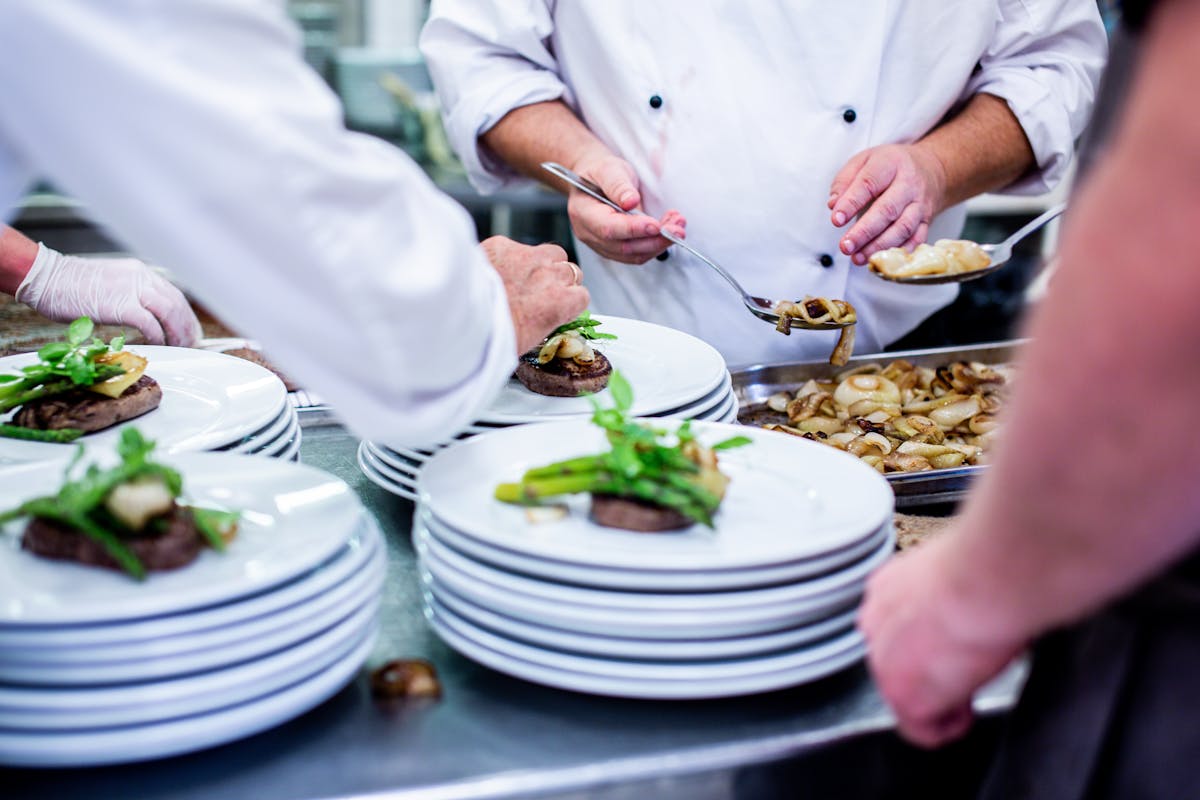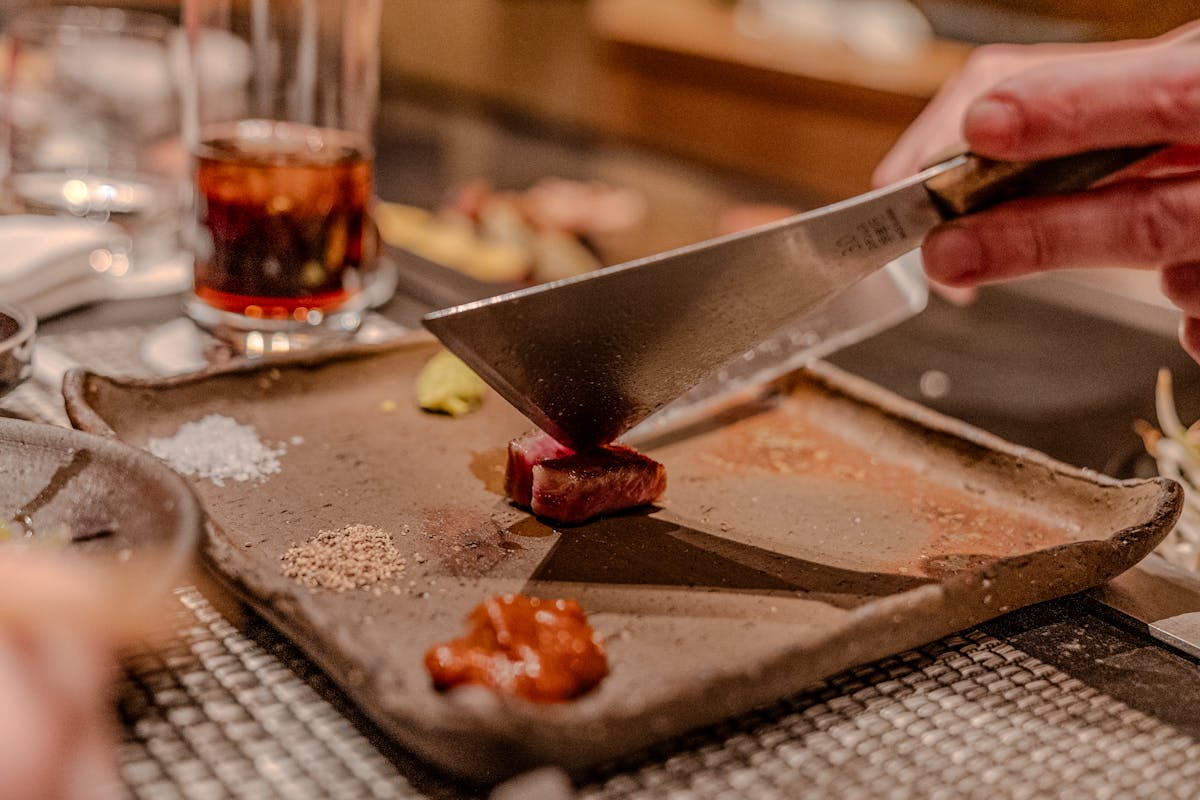When people think about becoming a private chef or personal chef, one common question comes up: Do you need a license to be a private chef? The short answer is that in most places, you don’t need a professional license the way doctors or lawyers do.
However, there are still important certifications, permits, and rules you may need to follow depending on where you live and how you run your business.
In this blog post, we’ll walk through what kind of licenses or certifications might be needed, how they apply differently to private chefs and personal chefs, and what you should know if you want to hire a private chef.

Do You Need a Professional License?
In most countries, you do not need an official license just to call yourself a private chef. Cooking professionally is not like being a nurse, lawyer, or teacher, where state-issued licenses are required.
That said, many chefs choose to earn professional certifications.
For example, the American Culinary Federation (ACF) offers certifications like “Certified Executive Chef” or “Certified Personal Chef.” These aren’t required by law, but they do add credibility and can help you stand out when clients are looking to hire a private chef.
Food Safety Certifications
Even if you don’t need a cooking license, almost every region requires food safety training. Since you’ll be handling food for other people, knowing how to keep it safe is essential. Common certifications include:
- ServSafe Certification (U.S.) – Teaches food handling, storage, and sanitation.
- Food Handler’s Permit – Often required if you’re cooking for clients in their homes or at events.
- Local Health Department Certificates – Depending on your city or state, you may need to register and take a food safety course.
If you want to work as a private chef, clients often expect you to have proof of food safety training. It shows professionalism and helps build trust.
Business Licenses and Permits
If you’re a personal chef running your own business, you may need additional licenses, such as:
- Business License – To legally operate as a small business or independent contractor.
- Catering Permit – If you cook in your own kitchen and deliver meals, some areas require you to have a catering or commercial kitchen permit.
- Insurance – While not a license, liability insurance is important to protect yourself in case of accidents or food-related issues.
For private chefs who work only in one household, these may not always be necessary, since you’re technically an employee of that household. But for personal chefs who serve multiple clients, they are often required.
International Differences
Rules can also change depending on where you live:
- United States – Requirements vary by state and city, but most personal chefs need a food safety certification and possibly a business license.
- United Kingdom – You need to register with the local council if you prepare and sell food from home. Food hygiene training is also required.
- Canada – Each province has its own food safety certification.
- Australia – Food business registration and safety training are usually required for personal chefs.
Because of these differences, it’s always smart to check local health department websites. For example, the U.S. Food and Drug Administration (FDA) offers guidance on food safety rules (FDA Food Safety).
Do Clients Care About Licenses?
Most clients who want to hire a private chef care more about skill, experience, and professionalism than about specific licenses. However, they do want reassurance that their chef understands food safety and can handle dietary needs.
That’s why many private chefs highlight their certifications, training, and past restaurant experience. Having worked in respected kitchens or trained under Michelin-starred chefs can mean more to clients than a formal license.
Why Food Safety Training Matters
Even if the law doesn’t demand it, food safety training is critical for private chefs. Here’s why:
- It prevents foodborne illness.
- It helps with proper storage, especially when cooking multiple meals ahead.
- It shows professionalism and responsibility.
- It builds trust with clients, especially families or those with health concerns.
In fact, many families will only hire a private chef who has up-to-date food safety certification.
Should You Get Certified as a Private Chef?
While it’s not required, getting certified can help you:
- Stand out from other chefs.
- Build confidence with clients who may ask about your qualifications.
- Increase job opportunities, since some employers prefer certified chefs.
For example, becoming a Certified Personal Chef (CPC) through the ACF can add credibility to your resume. It also proves that you’ve met high industry standards.
Hiring a Private Chef: What to Look For
If you’re on the client side and want to hire a private chef, here are a few things to check:
- Food Safety Certification – Make sure they are trained in proper food handling.
- Experience – Look at their background, such as restaurant work or private household service.
- References – Ask for client reviews or recommendations.
- Flexibility – A good private chef can adapt to your dietary needs and preferences.
While licenses may not be necessary, professionalism, skill, and trust are key.
Gradito Makes It Easy
If you’re thinking of hiring a private chef for your home or special event, platforms like Gradito make the process simple. With Gradito, you can find highly skilled chefs who already have the right training, food safety certifications, and experience. Whether it’s a dinner party, a celebration, or everyday family meals, Gradito connects you with trusted professionals who make dining effortless and memorable.

So, do you need a license to be a private chef? The answer is: not usually. You don’t need a state-issued license, but you do need food safety certifications, and in some cases, business permits. For chefs, getting certified can help open doors. For clients, it’s a sign of trust and professionalism.
At the end of the day, whether you’re starting your career as a private chef or looking to hire a private chef for your next event, what really matters is skill, safety, and creating unforgettable meals.







